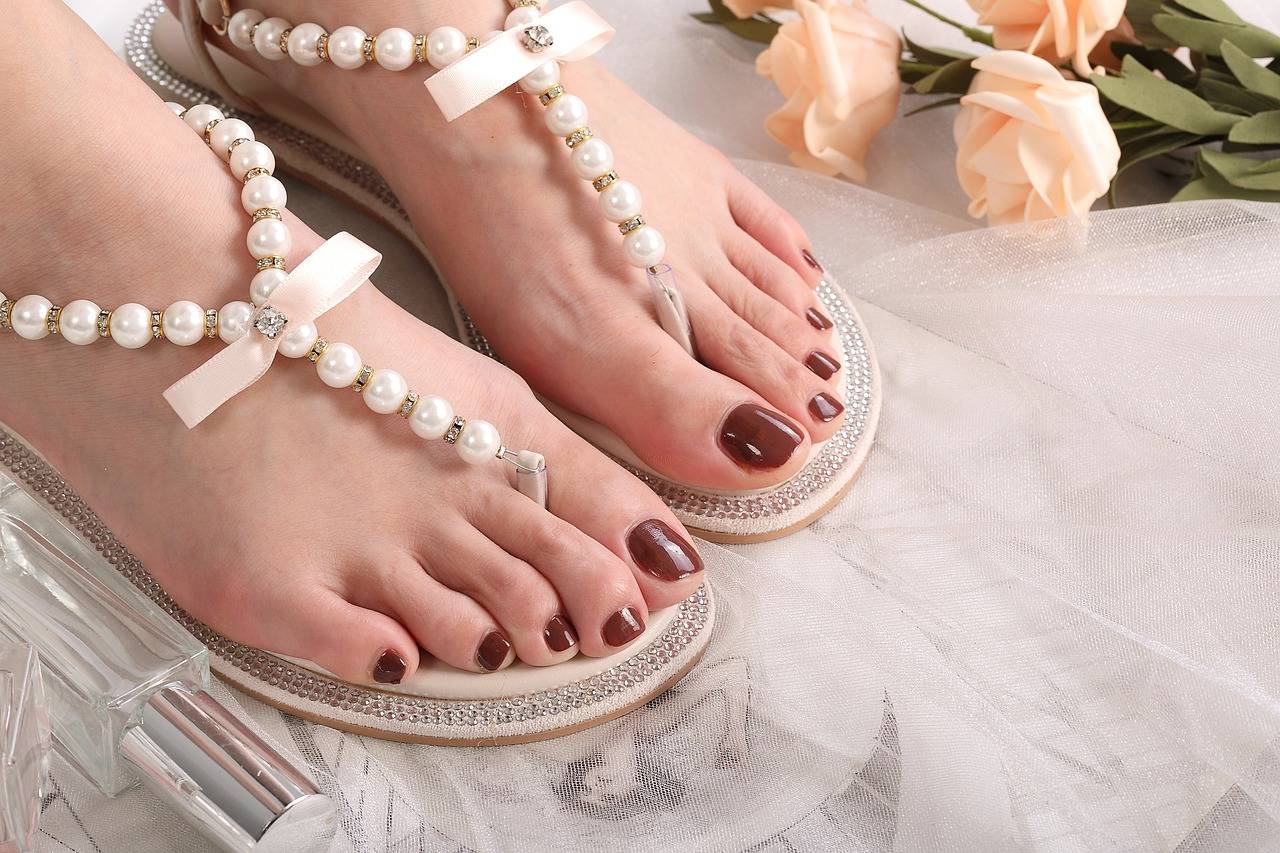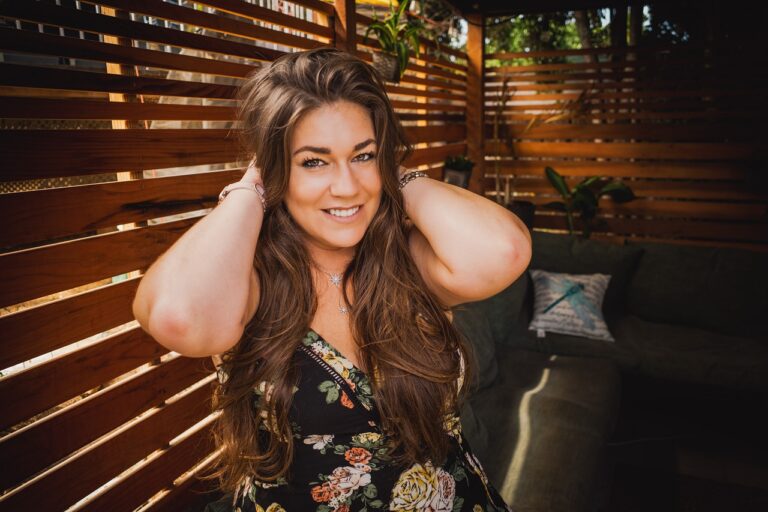Analyzing the Economics of Luxury Fashion Markets
Luxury fashion brands are increasingly focusing on sustainability and ethical practices to cater to the growing demand from socially-conscious consumers. From sourcing materials to manufacturing processes, companies are embracing eco-friendly initiatives to reduce their environmental footprint. This shift towards sustainability is reshaping the industry by influencing not only production methods but also marketing strategies, as brands strive to communicate their commitment to ethical practices to consumers.
Moreover, the rise of digital platforms and social media is revolutionizing the way luxury fashion is marketed and sold. Brands are leveraging influencers and online platforms to directly engage with a wider audience and create personalized shopping experiences. This digital transformation is not only driving sales but also shaping consumer perceptions and expectations in the luxury fashion segment. In a competitive market, the ability to adapt and utilize digital channels effectively is becoming essential for brands to stay relevant and engage with modern consumers.
Key Players in the Luxury Fashion Industry
The luxury fashion industry is dominated by a handful of key players who set the standard for excellence and prestige. Brands like Chanel, Louis Vuitton, Gucci, and Prada command a significant market share due to their long-standing history of craftsmanship and innovation. These iconic fashion houses continuously push the boundaries of creativity and luxury, appealing to a global audience of discerning consumers.
In recent years, emerging luxury brands like Balenciaga, Off-White, and Bottega Veneta have made a significant impact on the industry, attracting a younger, more fashion-forward demographic. These newcomers bring a fresh perspective to the traditional world of luxury fashion, challenging established norms and redefining what it means to be a key player in the industry. With their bold designs and disruptive marketing strategies, these up-and-coming brands are shaping the future of luxury fashion.
Consumer Behavior and Preferences in Luxury Fashion Markets
Luxury fashion consumers today are increasingly seeking unique, personalized experiences. They value exclusivity and are drawn to brands that offer limited edition pieces or customized services. These consumers are willing to pay a premium for items that are not easily accessible to the masses, as they place a high value on individuality and self-expression.
In addition to seeking exclusivity, luxury fashion consumers are becoming more conscious of sustainability and ethical practices within the industry. They are attracted to brands that prioritize sustainability, transparency, and ethical production methods. Consumers are more likely to support brands that align with their own values and beliefs, showcasing a shift towards responsible consumerism in the luxury fashion market.





